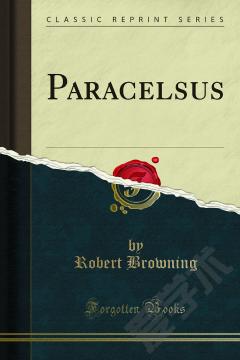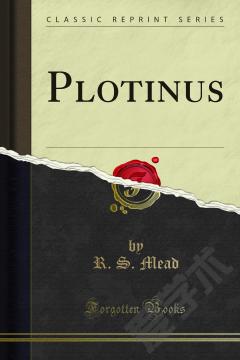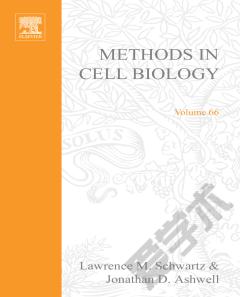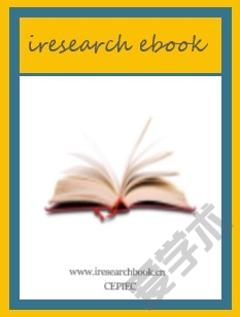Paracelsus
Robert Browning, well-known English poet and playwright, wrote the long and enchanting poem, Paracelsus/, after visiting St. Petersburg. This lengthy and dramatic poem is actually a monologue which stands out in Browning's repertoire as significantly different than his other work. The content of the poem explores the career of the sixteenth-century alchemist of the same name as the title of the book. The poem itself has been of interest to modern readers due in part to its monologue form. In addition, subjectivity of treatment is intriguing and distinct (having been described by some as a spiritual autobiography). The poem explores a fascinatingly mature philosophy of life that has enchanted readers for generations. The beauty if its descriptive passages have illuminated the minds of readers in ways that only Browning's poetry can. Through beautiful verse and philosophy, Browning creates a revelation and reflection. He explores and determines the secrets of the Universe and enlightens his readers with his writing. Although Browning has written many other texts, once this poem reached popular success it established him as a familiar name with the reading public. It also established him as a poet to watch out for in future publications. Some critics have challenged the poem stating that it has many faults in structure and style. Most readers are able to overlook the issues cited by critics, as they find more interest in the concepts held within the text and less with the structure of the work. The mysticism of Paracelsus/ appeals to a large audience of readers more so than any critic's complaints.
{{comment.content}}








 京公网安备 11010802027623号
京公网安备 11010802027623号